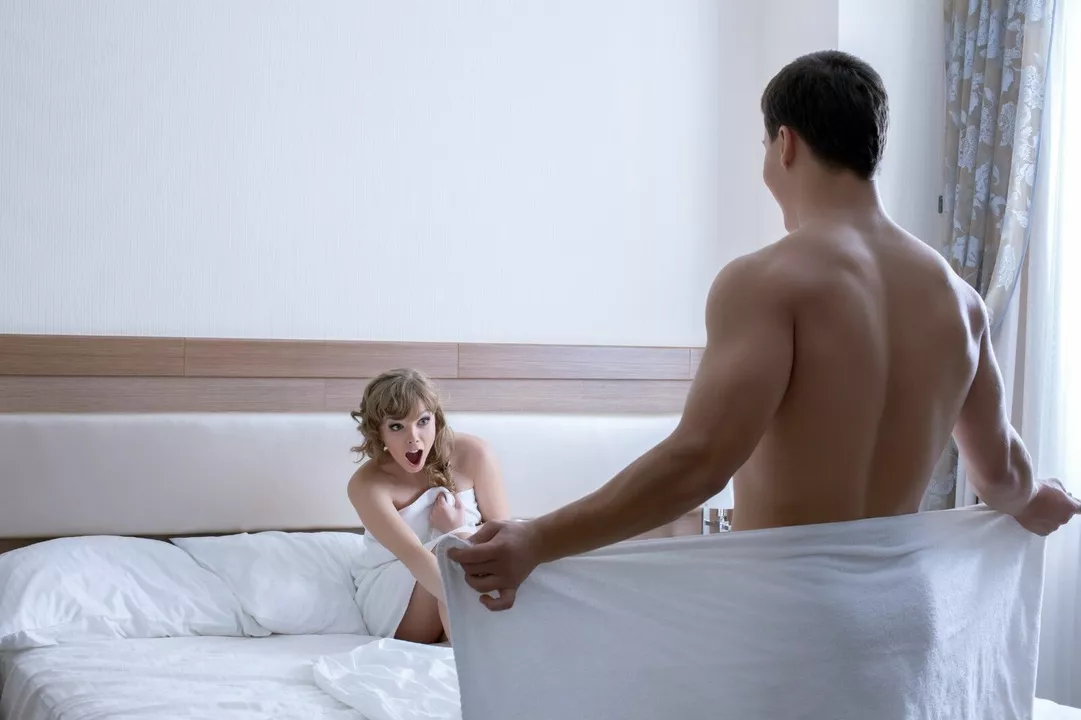Sexual Function: Practical Help for Low Libido, ED, and Arousal Issues
Sexual problems are common and often treatable. Low desire, trouble getting or keeping an erection, and trouble with arousal affect both men and women. The first step is simple: notice patterns. Are issues new, linked to a medication change, tied to stress, or worse after poor sleep or alcohol? Track mood, sleep, meds, and sexual activity for two weeks to give you and your clinician clear clues.
Many things change sexual function. Physical causes include diabetes, high blood pressure, heart disease, hormonal gaps, and nerve damage. Mental health matters just as much—depression and anxiety blunt desire and performance. Some medications also reduce libido or cause erectile problems; common examples are some antidepressants, certain blood pressure drugs, and some antipsychotics. If a prescription looks suspicious, don’t stop it on your own. Talk to the prescriber about safer options or dose changes.
Practical fixes you can try now
Start with basic, proven moves: cut back on heavy drinking, quit smoking, move more, and aim for consistent sleep. Losing even a little weight improves blood flow and hormones. Pelvic floor exercises help both men and women; try ten slow squeezes three times a day. Reduce performance pressure by focusing on non-sexual intimacy first—massage, touch, and low-pressure closeness often restore desire faster than forcing sex.
When lifestyle changes aren’t enough, medications and treatments exist. For men, PDE5 inhibitors like sildenafil (Viagra) and tadalafil (Cialis) improve erections by increasing blood flow. Important safety tip: never mix PDE5 drugs with nitrates — that can dangerously drop blood pressure. Low testosterone can be checked with a simple blood test and treated if needed. For women, local estrogen (creams or rings) often helps with dryness and pain. If an antidepressant is the problem, some patients switch to or add drugs like bupropion after talking with their doctor.
How to get smart medical help
Bring a short timeline to your appointment: when it started, how bad it is, and any meds or health events around that time. Expect basic tests: blood sugar, lipids, and hormones. Your doctor may check cardiovascular health because erections are a blood flow issue. If needed, you’ll get a referral to urology, gynecology, endocrinology, or a sex therapist. Counseling or cognitive behavioral therapy works well when anxiety or relationship problems are involved.
Be cautious with online fixes. Use reputable pharmacies and always keep prescriptions. Avoid unverified supplements and shady sellers. Tell your clinician about any supplements you try. Sexual problems are common but treatable. With honest talk, simple lifestyle steps, and the right medical choices, most people see solid improvement.
The impact of chronic pain on low libido and sexual function
In my recent research, I've discovered that chronic pain can have a significant impact on one's sexual function and low libido. It's disheartening to learn that those suffering from persistent pain may also experience a decline in their sex drive and overall enjoyment of intimacy. The pain itself, along with the emotional toll it takes, can make it difficult for individuals to engage in sexual activities or even feel a desire to do so. Additionally, certain medications used to manage chronic pain may further contribute to low libido. It's important for those affected to communicate openly with their partners and healthcare professionals to find solutions that can help improve their quality of life.
VIEW MORE
